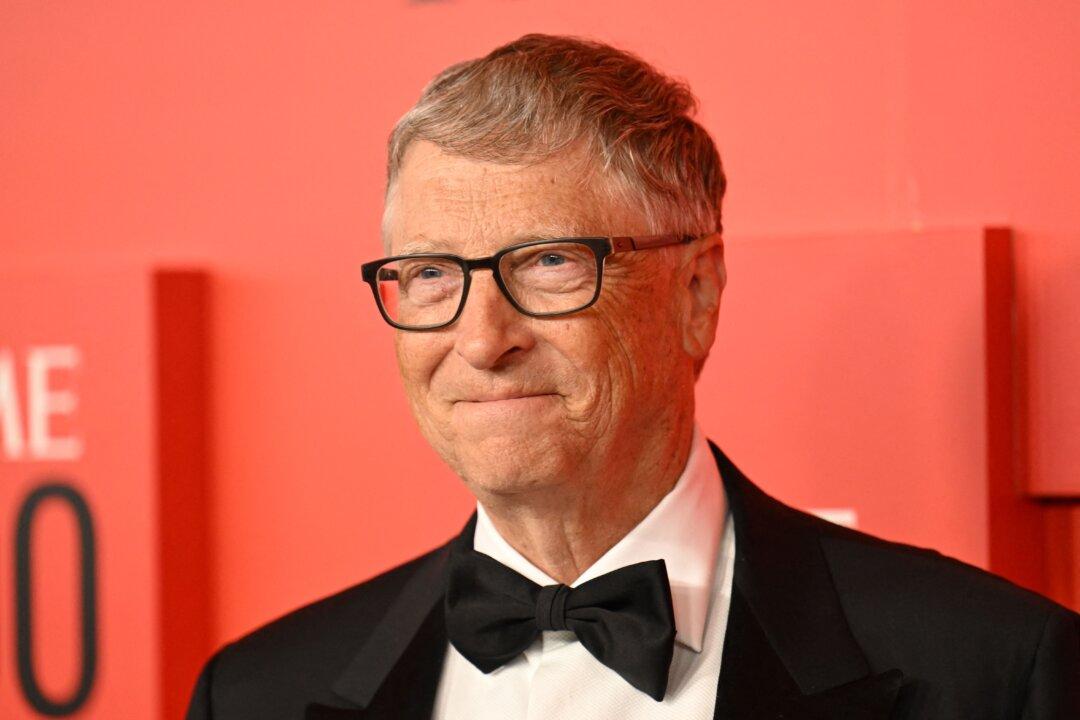Software billionaire Bill Gates recently admitted that the climate change target as established by the Paris Climate Accord will likely not be met.
The 2015 Paris Climate Accord has a goal of limiting global warming below 2 degrees C—and preferably below 1.5 degrees C—compared to preindustrial levels. In a recent interview with Reuters, Gates said that while no one wants to be “the first to say it,” the math shows the target is not within reach. Taking into account “the overall scale of our industrial economy … we’re going to have to do mind-blowing work to stay below 2 degrees.”





